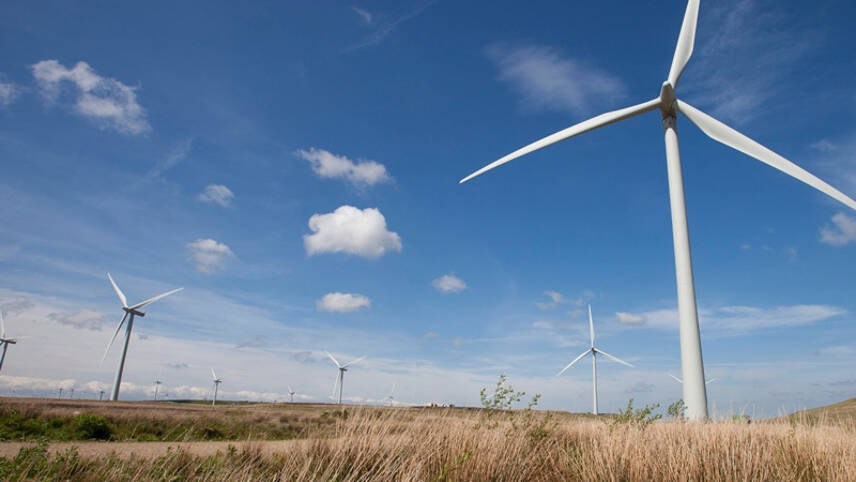Register for free and continue reading
Join our growing army of changemakers and get unlimited access to our premium content

Image: ScottishPower
According to Iberdrola, ScottishPower will invest £3bn in additional low-carbon energy generation and a further £3.3bn on network upgrades over the two-year period. The network upgrades are intended to support the ongoing electrification of sectors such as heat and road transport. The remainder of the investments will be used to recruit and pay 1,000 additional members of staff – an ambition first announced in July.
ScottishPower is involved in 19 renewable energy projects that are currently in the pipeline, collectively totalling more than 9GW. These include onshore wind, offshore wind and green hydrogen production.
Iberdrola’s executive chairman Ignacio Galan said the decision to boost investment in the near-term was partly down to the energy price crisis, driven by skyrocketing wholesale gas prices. He said: “If we are to learn one lesson from the current crisis, it is the compelling need to deliver electrification quickly for a more secure, clean and competitive energy system for all.”
REA report
While ScottishPower has boosted its investment, a key trade body within the UK’s clean energy sector has warned that other players may be unable to do so due to persistent policy gaps.
The Association for Renewable Energy and Clean Technology (REA) has today (10 November) published its annual report on the state of the industry. While it confirms that employment in the sector is rising and recaps on a particularly monumental year for the electrification of transport, it also warns that “patchy and unreliable” policy is preventing key sectors from scaling rapidly enough to meet Government goals. Several key goals, including 2030 targets for national offshore wind and green hydrogen capacity, were increased through the Energy Security Strategy earlier this year.
Policy gaps and contradictions raised in the report include the Government’s continued reluctance to bring forward a new national energy efficiency scheme for homes; its decision to pursue a new oil and gas licencing round; failures to address barriers to developing renewables other than offshore wind and insufficient plans for decarbonising heat.
The REA wants the majority of heating and transport in the UK, by 2035, to be powered using renewables and other clean solutions. In 2021, less than 10% of heat consumption in the UK was met with renewable generation.
REA chief executive Nina Skorupska writes in her foreword to the report: “If the Government is serious about tackling climate change and mitigating the impacts of environmental, social and economic disaster, it would accelerate, not curtail, the roll-out of renewable energy and clean technology.”
The report states that the market value of the renewable energy and cleantech sectors in 2021 stood at £22bn in the 2020/21 financial year and that this could grow to £46bn by 2035 – but only with a concerted effort for joined-up policymaking. It adds that some 139,000 people now work in these sectors, up 10,000 year-on-year. Yet the Government remains off track to deliver its ambition of hosting two million green jobs by 2030.
Also published today with a similar message are two reports from the UK Government’s Innovate UK and UK Research and Innovation (UKRI) bodies. The first of the reports looks at the potential benefits of creating smart local energy systems, equipping local energy networks with digital solutions and building up flexibility capacity. Using Coventry as a case study, it states that cities could reap multi-million-pound benefits from such approaches. But it warns that investors are often discouraged from supporting these projects due to policy uncertainty, which increases risk.
The second report looks at policy and regulation surrounding smart local energy systems nationally. It states that the Government is currently lacking a “joined-up, whole-systems approach” to policymaking in this field, meaning that the UK does not have a strong foundation upon which to transition to a more decentralised energy system.


Why is Scottish Power owned by Spain?